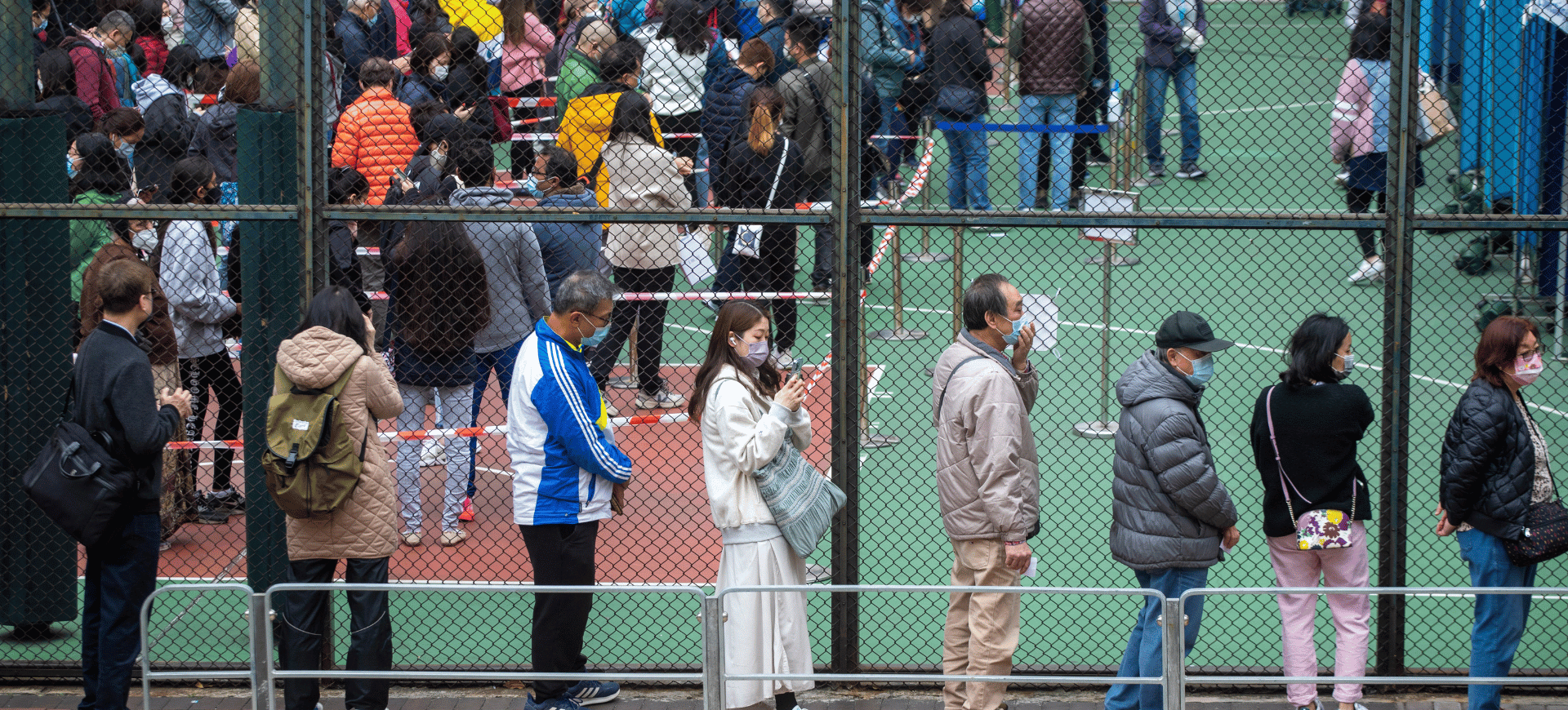Why the world needs a well-resourced Pandemic Fund
The Pandemic Fund is building reserves for the next inevitable pandemic, taking an important step to building resilience and global security through a multisectoral, One Health approach
The Covid-19 pandemic highlighted the disruptive nature of disease outbreaks when we are unprepared. Millions of lives and trillions of dollars in global gross domestic product were lost because we were not able to contain the virus. But this was not the first time that the world was faced with a pandemic. Previous outbreaks – including avian influenza, SARS and Ebola – have also had far-reaching social and economic consequences.
Weaknesses in prevention and preparedness for disease outbreaks and pandemics, particularly in low- and middle-income countries, have been a longstanding concern. The urgency to address this is underscored by the increased threat of outbreaks, exacerbated by climate change, migration and antimicrobial resistance. Experts predict there is more than a 50% likelihood that another Covid-like pandemic will hit us in the next 20 to 25 years.
Relatively modest investments can help avert the much larger costs that the world will incur if we are unprepared for the next global health crisis. Yet adequate, sustained funding has not followed. The international community has a key role to play, both in bringing additional financing and in incentivising countries to do more.
The Pandemic Fund
In September 2022, the world took a significant step towards augmenting the global health security architecture by establishing the Pandemic Fund – the first of its kind. It is a multilateral financing platform dedicated to investing in pandemic prevention, preparedness and response capacities
in low- and middle-income countries.
The speed at which the fund came together, through a collaborative alliance between its 27 founding donors, the World Bank, the World Health Organization, civil society and other partners, is a testament to the possibility of global cooperation.
The Pandemic Fund supports capacity building and implementation of pandemic PPR under the International Health Regulations, and any amendments or enhancements thereof, as well as other internationally endorsed legal frameworks, consistent with a One Health approach. Its mandate is aligned with potential activities under the Pandemic Agreement, which is currently being negotiated.
Five features of the Pandemic Fund’s governance and business model – which enable it to drive change, with a focus on equity, inclusivity, transparency and accountability – are worth highlighting.
First, its governance features equal representation from contributor countries, which include countries from the Global North and South, and co-investor countries from the Global South. In addition, it includes the participation of civil society organisations. In deploying grants, the fund focuses on initiatives that demonstrate country or regional ownership, and a commitment to gender and health equity and community engagement.
Second, the fund has the flexibility to work through a variety of institutions, complementing their efforts. In essence, it serves as an enabler, deploying grants to support and encourage international institutions, such as multilateral development banks, United Nations organisations and global health initiatives to maintain a focus on pandemic PPR – amid competing priorities.
Third, it has a catalytic financing structure. Grants are awarded to projects that draw in co-financing from international partners, including the fund’s 13 implementing entities, bilateral agencies and the private sector, as well as co-investments from countries themselves – incentivising countries to prioritise this agenda and increase their own efforts.
Fourth, the fund promotes collaboration and coordination across sectors within countries, between countries, among international agencies, and between national, regional and international actors. It helps countries and regions assess and meet pandemic PPR financing needs and gaps, supports access to various funding mechanisms, and brings coherence in funding streams.
Fifth, it fosters competition and innovation, promoting public-private partnerships.
The Pandemic Fund raised $2 billion in its first year and moved quickly to deliver financing to where it is most needed – in the areas of early warning, surveillance, laboratories and the health workforce, which are considered vital to preventing, detecting and rapidly responding to infectious disease outbreaks. The first round of grants was awarded in July 2023 to projects that strengthen capacity, both within and across borders, with each dollar catalysing an additional $6. The second round will be awarded later this year.
Projects supported are already demonstrating the Pandemic Fund’s added value to the global health architecture through filling critical gaps, mobilising additive financing, and galvanising partner coordination and collaboration through multisectoral, One Health approaches anchored in national and regional priorities, and engaging communities. The projects embody whole-of-government, whole-of-society approaches that are essential to building trust and safeguarding vulnerable populations.
Supporting further action
The two funding rounds have generated tremendous demand. Some 142 countries have requested over $7 billion against the $850 million offered. To meet this demand and maintain the momentum, the Pandemic Fund urgently requires more resources. That is why the fund is working to raise at least $2 billion in new funding for the next two years – to support implementation of the medium-term strategic plan focused on helping countries and regions build pandemic resilience.
As the Pandemic Fund works on the near-term fundraising effort that will culminate in a pledging event on 31 October 2024, it is calling upon existing as well as new donors to contribute, noting that a well-resourced Pandemic Fund is vital to protecting people everywhere from the next disease outbreak, and to creating a safer and healthier future for all.
In parallel, the Pandemic Fund is charting a path towards long-term sustainable financing. And the fund remains committed to amplifying voice and inclusion, including through enhancing its governance, bolstering transparency and accountability, building on its robust structure, and drawing on lessons learned.












